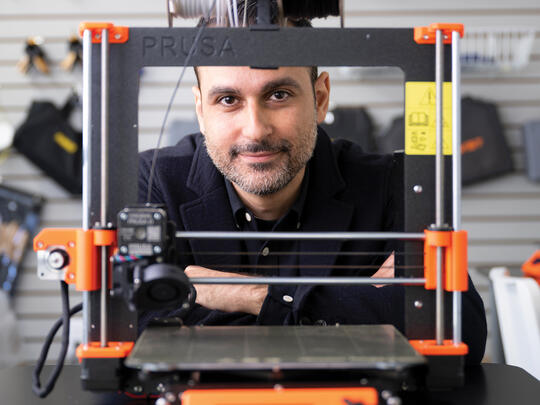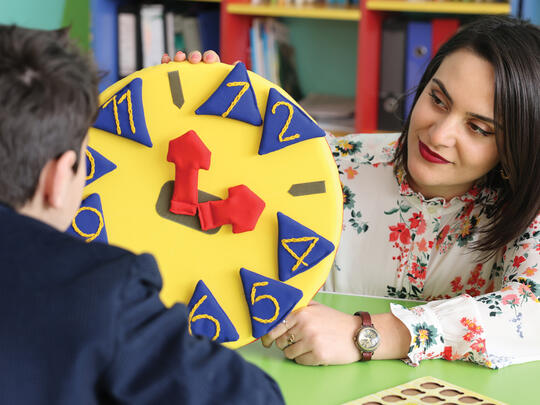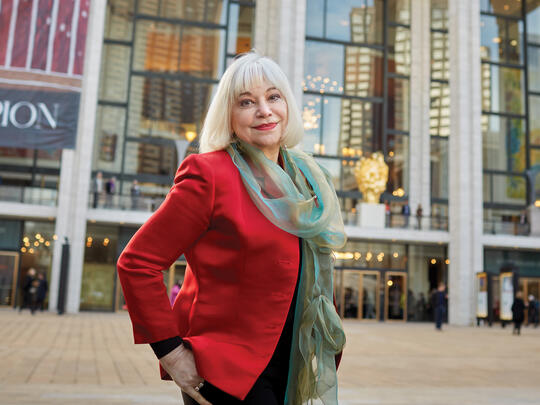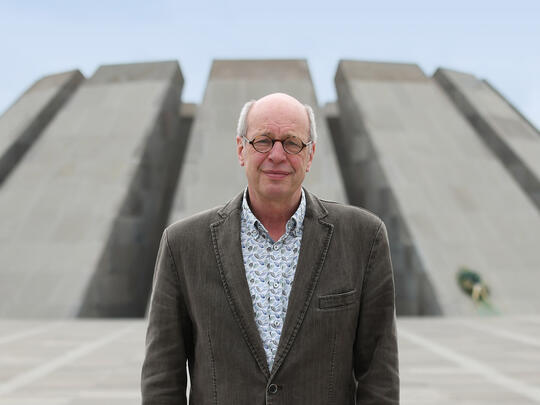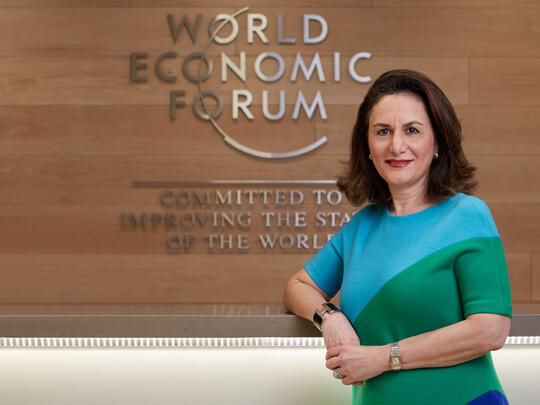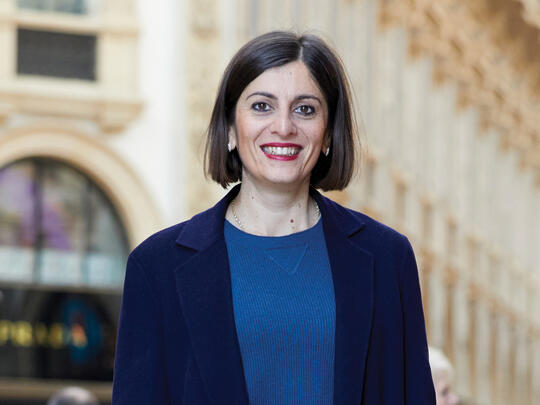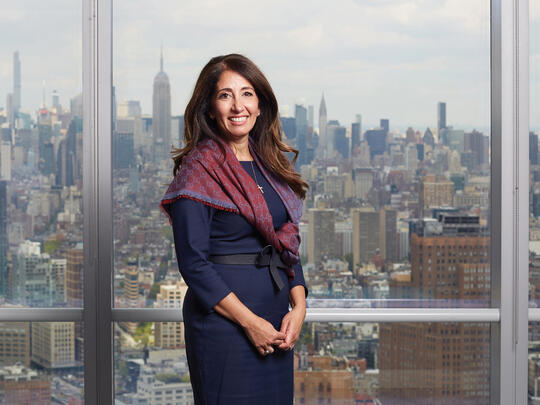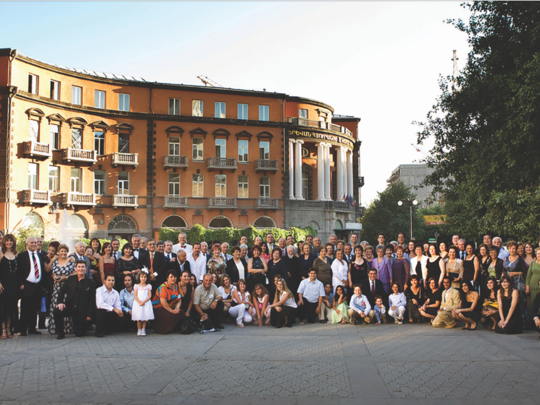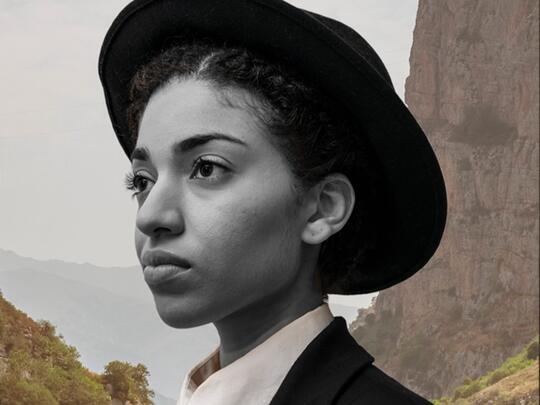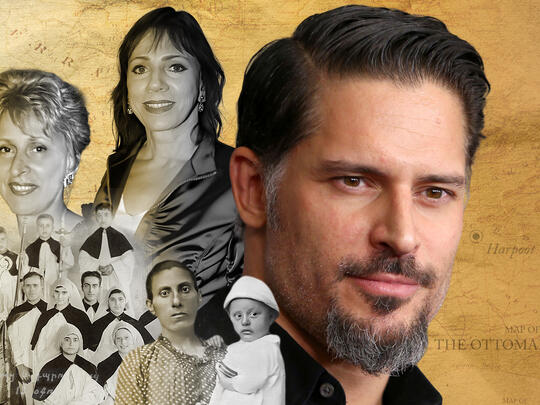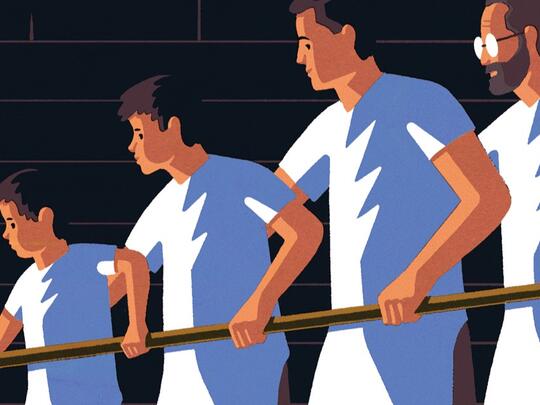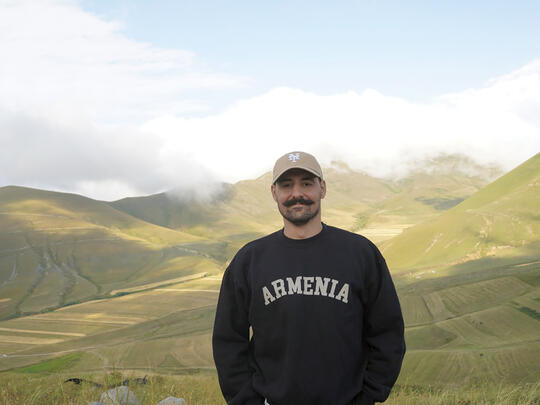
AGBU Observes International Women’s Day with Insightful Webinars from Lebanon and Canada
To coincide with International Women’s Day 2022, the Armenian General Benevolent Union (AGBU) of Lebanon and Canada organized virtual discussions featuring experts on women’s issues and the critical factors that stand in the way of gender equality and economic equity. Although the events were organized on opposite sides of the world and covered divergent perspectives and experiences, it remains clear that women and girls around the world continue to struggle to overcome challenges in many spheres of life and must strive to find new ways to ways to protect their physical security and overall wellbeing.
Beirut, Lebanon
On March 7, 2022, the Armenian General Benevolent Union (AGBU) in Lebanon, in collaboration with the Arab Institute for Women (AiW) at the Lebanese American University (LAU), organized a webinar entitled “Strengthening Intergenerational Dialogue and Partnership on Gender Equality & Climate Change.” As many as 80 participants from around the world attended.
In her opening remarks, Executive Director of AGBU Lebanon Arine Ghazarian emphasized AGBU’s support for the principles of the United Nations, which include human rights, education, environment and sustainability, among others. Following her, AiW’s Myriam Sfeir shed light on the institute’s efforts to advance female representation in politics and decision-making. Vahakn Kabakian, a climate change advisor and project manager at UNDP Lebanon and the webinar’s moderator, focused on the relationship between gender and climate change, presenting cases from the Middle East and Armenia.
In the first panel on “Gender Equality Today for a Sustainable Tomorrow,” Natasha Hall, a senior fellow with the Middle East Program at the Center for Strategic and International Studies (CSIS), discussed ways to ensure a healthy environment in vulnerable countries and societies in which conflict and instability prevail. She pointed out that 12 of the 17 most water-stressed countries are in the Middle East and North Africa.
Dr. Cathia Jenainati, the dean of the School of Arts and Sciences at LAU, posited that gender is involved in all aspects in the life of the individual and how, over time, people have begun to realize that the realities are far more complex and multifaceted.
For the second panel on the “Relationship Between Climate Change and Gender and Cases from the Region,” Dr. Nadim Farajalla, the director of the Climate Change and Environment Program at the Issam Fares Institute at the American University of Beirut, spoke about the inverse relationship between gender equality and climate change. As climate change accelerates and environmental hazards intensify, women and children become increasingly vulnerable.
Moving on to regional cases, Dr. Maya Nehme, Director of the Lebanese Reforestation Initiative (LRI), highlighted the climate status of Lebanon and showed how women are helping to mitigate its impacts. In Lebanon, climate change can cause condensed precipitations in the short-term and droughts on the long-term, which consequently will put women and children at further risk.
Dr. Eman Abdelazem, a consultant of Climate Change and chairman of the Forum Global Environment and Climate Change at the Swedish Iraqi Studies Network, highlighted the case of Egyptian rural women who are deeply affected by climate change as most women help men in planting and agriculture. However, there are huge risks to this sector because of the extreme temperature levels and variations. Egypt’s climate is very diverse, requiring different modes of actions in each area. Dr. Abdelazem recommended that economic development should take gender-specific principles into consideration.
Ms. Gayane Igityan, a Public Outreach and Communications expert at UNDP Armenia, presented some quantitative data related to climate developments in Armenia. She noted that women in Armenia are not sufficiently represented in government or in public affairs. Consequently, although there are various efforts at fighting climate change, women’s voices go largely unheard.
Finally, Mira Haddad, a research associate at the International Center for Agricultural Research in the Dry Areas (ICARDA), Jordan, described the agro-climatic zones of Jordan and how its climate depends on rainfall and the availability of water in each zone. ICARDA is restoring and enhancing dry-ecosystem resilience and productivity as well as the managing resources with integrated approaches. These efforts are achieved largely by women who engage in unpaid agricultural work.
To watch the full recording, go through the link.
Toronto, Canada
On March 8, the Young Professionals of Toronto hosted an online conversation with Armenian thought leaders who exchanged their views on women’s empowerment and leadership.
Moderated by Sareen Kardjian of the AGBU YPs of Toronto, the panel featured Mary Nersessian Sagharian, an executive producer for Audience Growth & Development at CTV News. In 2021, she was selected from women around the world to take part in the Online News Association’s Women’s Leadership Accelerator. Panelists included: Chanel Tossounian, a film and television student finishing her final semester at Humber College, whose documentary “Look Up” was accepted into two festivals in New York, where it premiered last December; Talin Rosemary Yeremian, a vice president of Corporate Strategy and International Business Development for X-energy LLC, whose recently published book “Step Up: The Key to Succeeding in Male Dominated Businesses” received critical acclaim from various professional organizations across Canada and the U.S. The issues and insights were wide ranging—from celebrating the resilience and skills of Armenian women and creating a sense of solidarity and community around such challenges as being the children of immigrants, working in a male-dominated workplace, and the struggles of balancing family life with high-powered careers.
Salpi Der Ghazarian, the executive director of AGBU Toronto, later commented on the enthusiastic audience response. She observed that the virtual event was “very inspiring and cut across multiple generations.”
As moderator, Kardjian concurred, adding, “It was incredible to have had such meaningful and insightful conversations while also highlighting the strength, devotion and determination of women.”
A recording of the event is available on Instagram on the AGBU_YP page.


